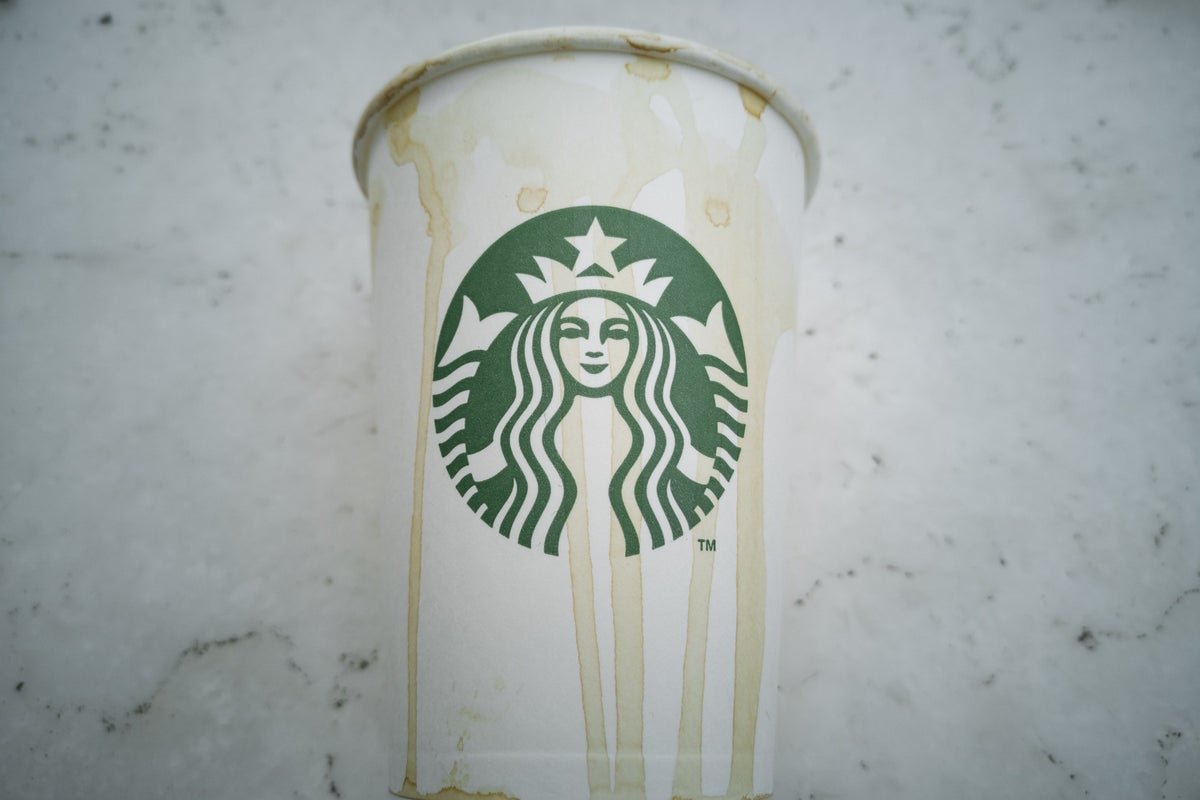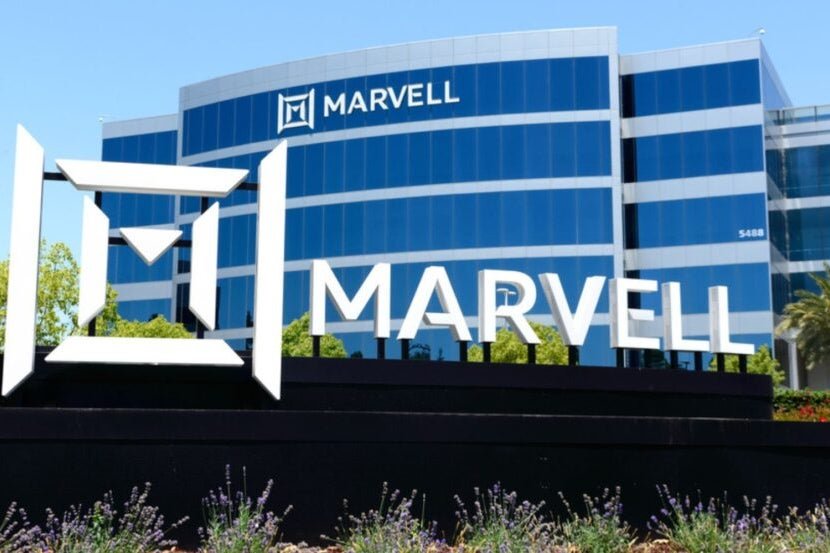Starbucks Corp’s stock experienced a positive movement on Wednesday, bringing an end to a 13-day losing streak. This losing streak was the longest the company has faced since its initial public offering in 1992. The stock’s slight uptick follows a recent report by JPMorgan Chase analysts, who highlighted a significant decline in sales for the coffee chain throughout the month of November.
The drop in sales can be attributed, at least in part, to boycott calls on social media platforms. These calls emerged due to allegations that Starbucks supported Israel during the country’s conflict with Palestine. The Starbucks Union, in response to Hamas’s attacks on Israel, issued a statement showing support for Palestine. This move by the union prompted Starbucks to take legal action against it, leading to a wave of backlash on social media. Numerous videos were created using the hashtag #boycottStarbucks, garnering over 50 million views on TikTok alone.
The Starbucks Workers United union also organized a walkout on the day of the company’s red-cup giveaway, a significant annual promotion. More than 200 stores participated in the protest, as workers voiced their concerns and demands. These collective actions have undoubtedly impacted Starbucks’ sales and reputation.
As a result of these events, Starbucks’ market capitalization has decreased by over $10 billion in recent weeks. Since November 17, the company’s stock has fallen by more than 10%. However, Wednesday’s positive price action suggests that some investors view this decline as a buying opportunity.
Starbucks now faces the challenge of restoring customer trust and confidence. The company will need to address the concerns raised by the boycotts and find a way to regain the support of its customer base. It remains to be seen how Starbucks will navigate these difficult circumstances and rebuild its sales momentum.
In conclusion, Starbucks Corp’s stock broke its 13-day losing streak on Wednesday, offering a glimmer of hope for the coffee giant. However, the recent decline in sales and negative publicity resulting from boycotts pose significant challenges for the company. Starbucks will need to take proactive steps to address these concerns and regain the trust of its customers to ensure a successful recovery.





